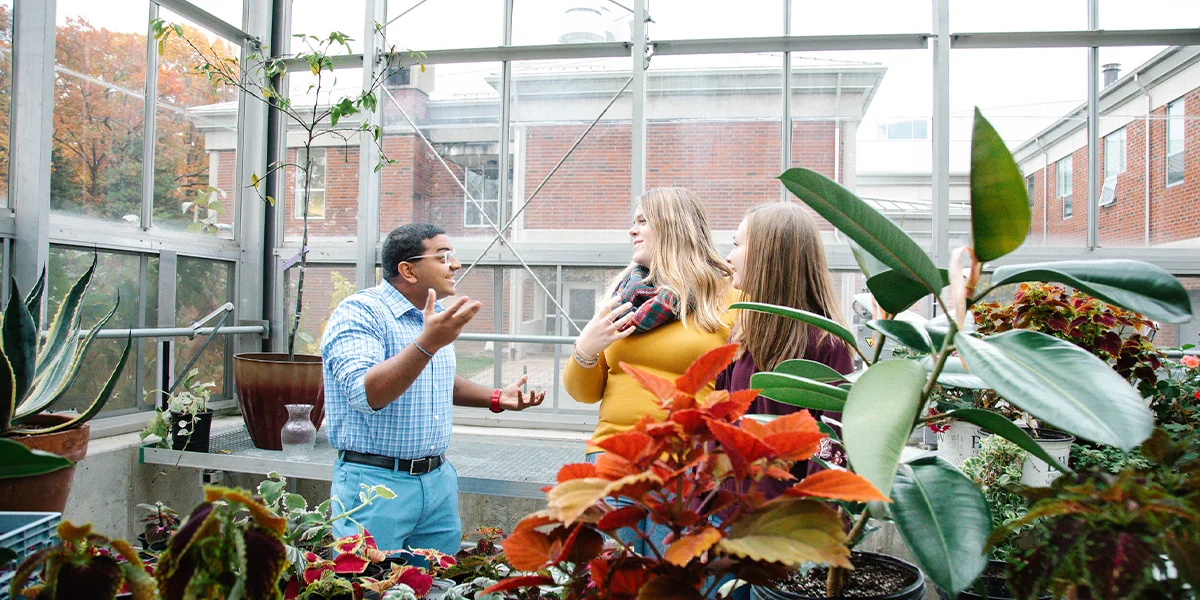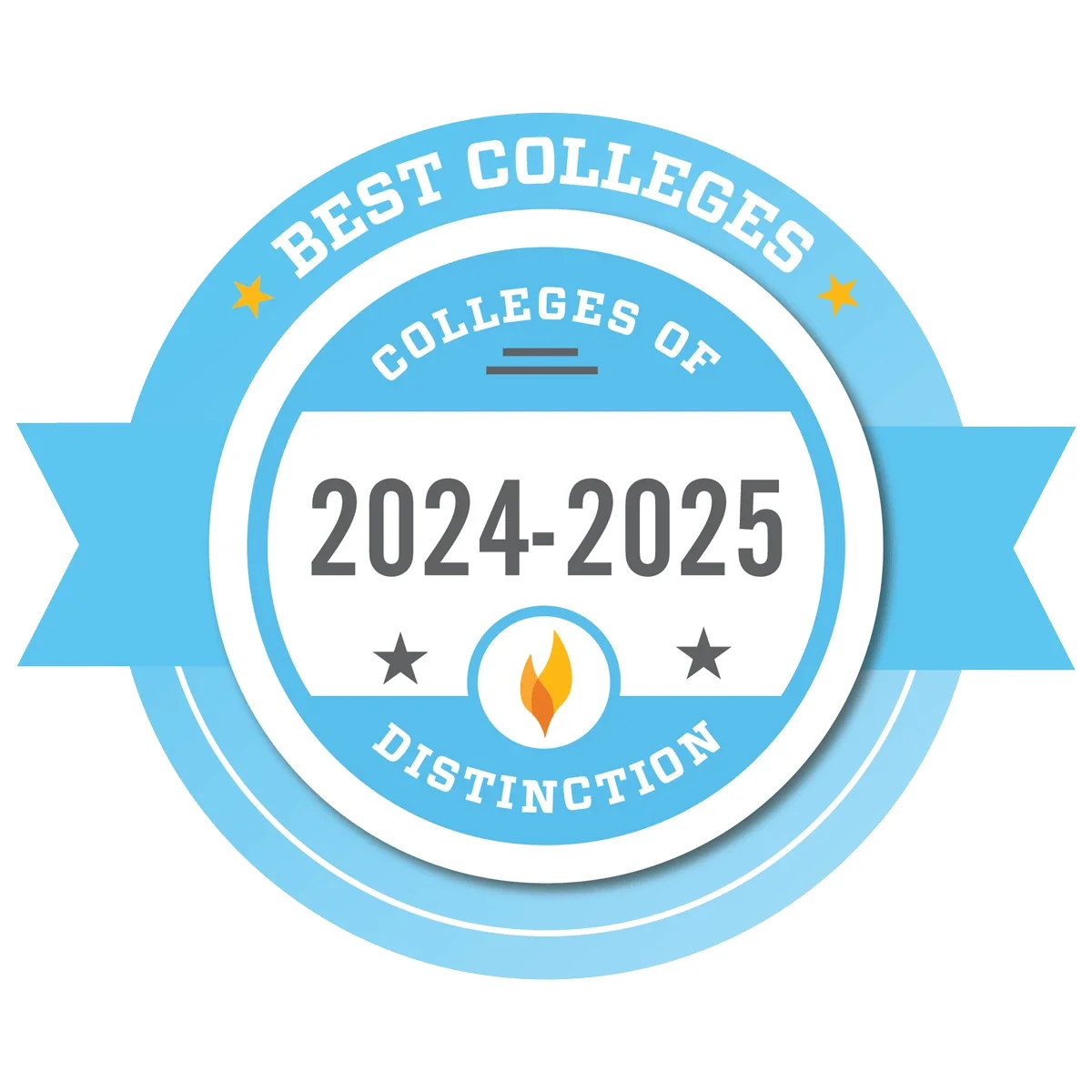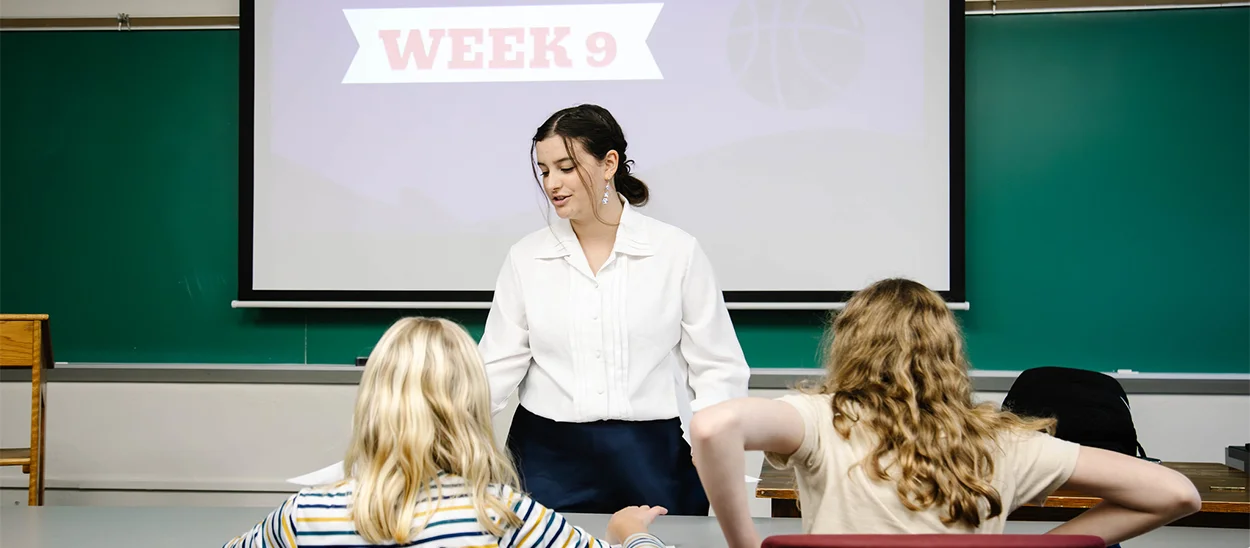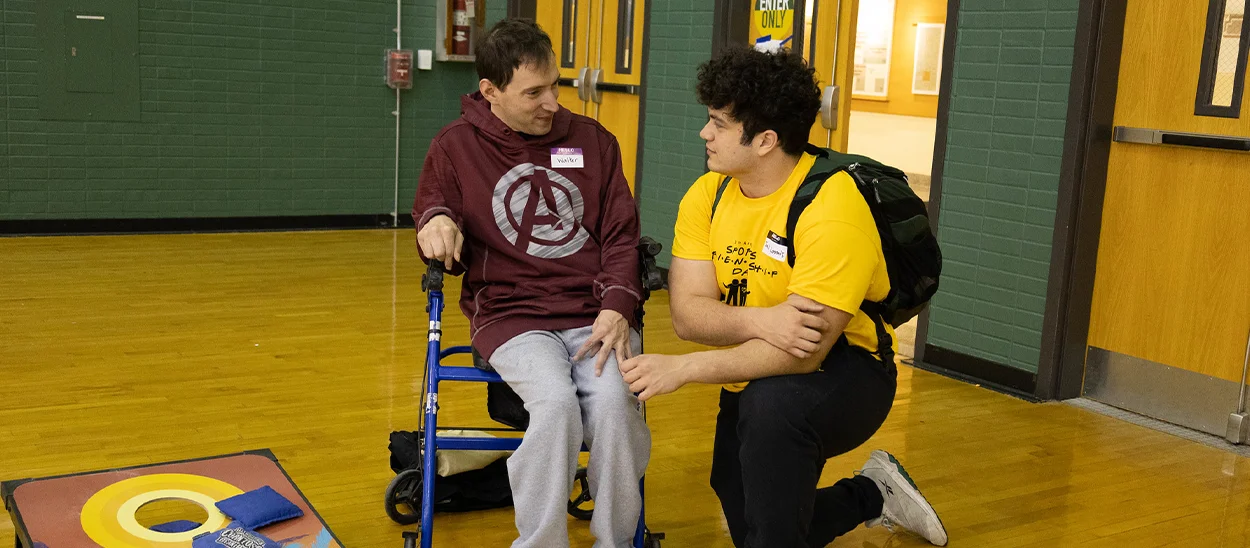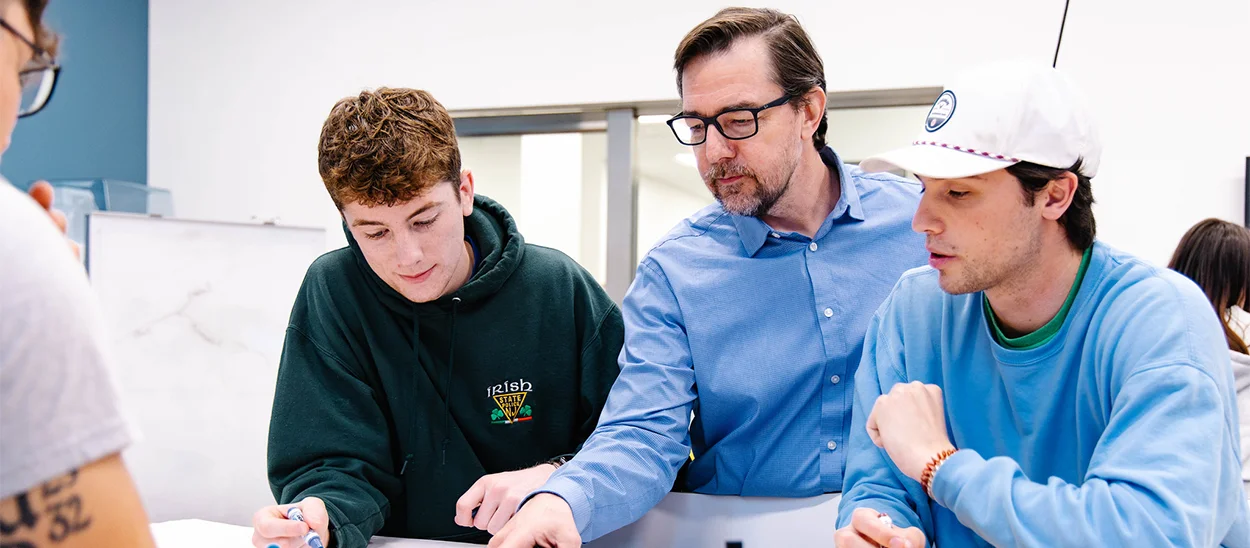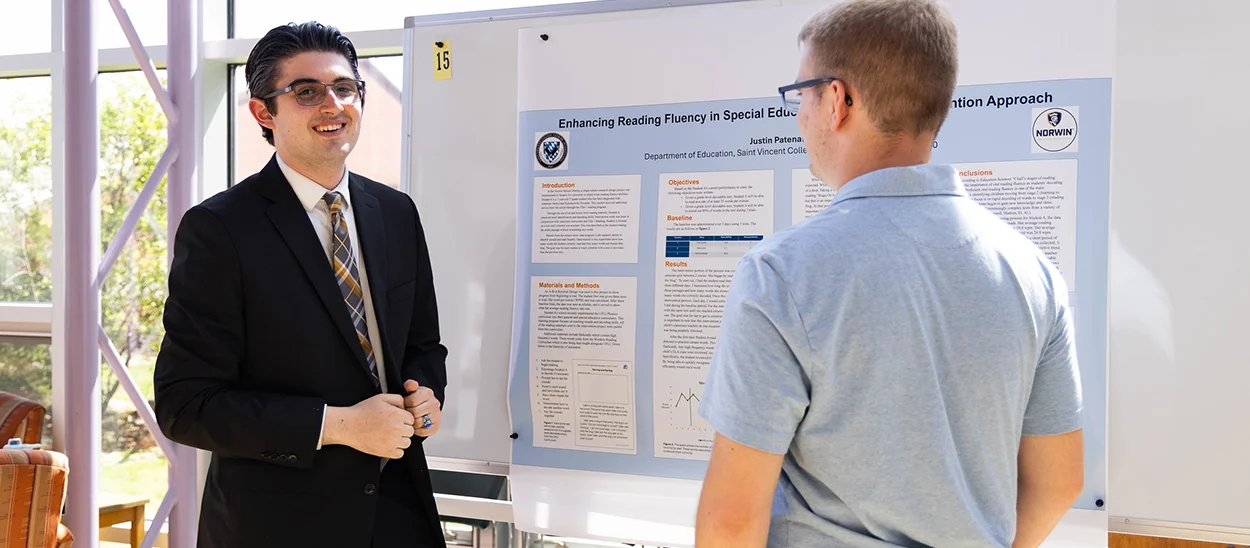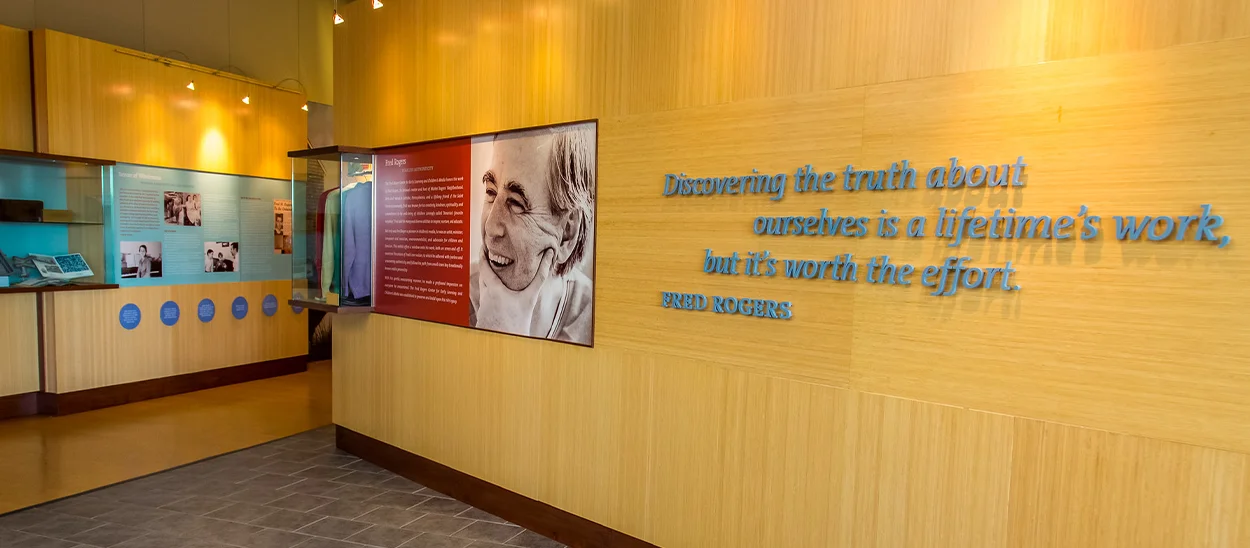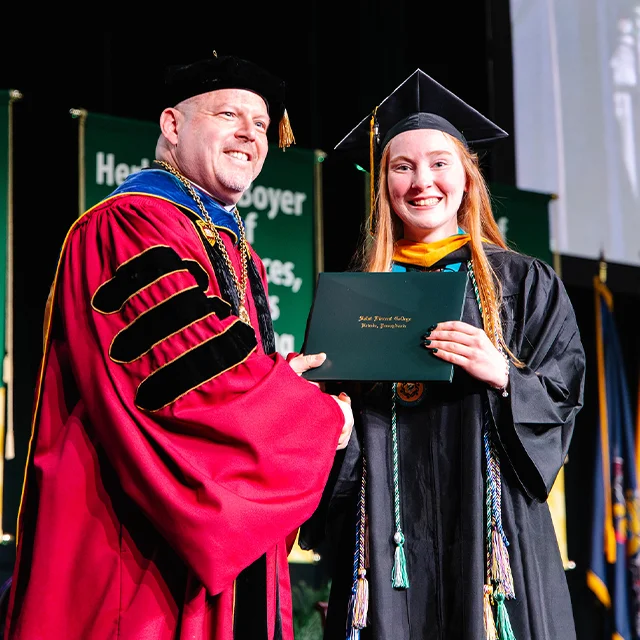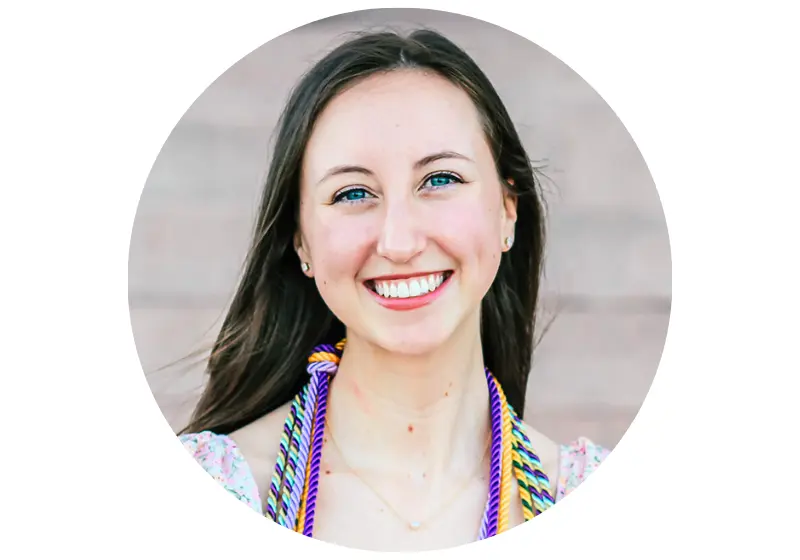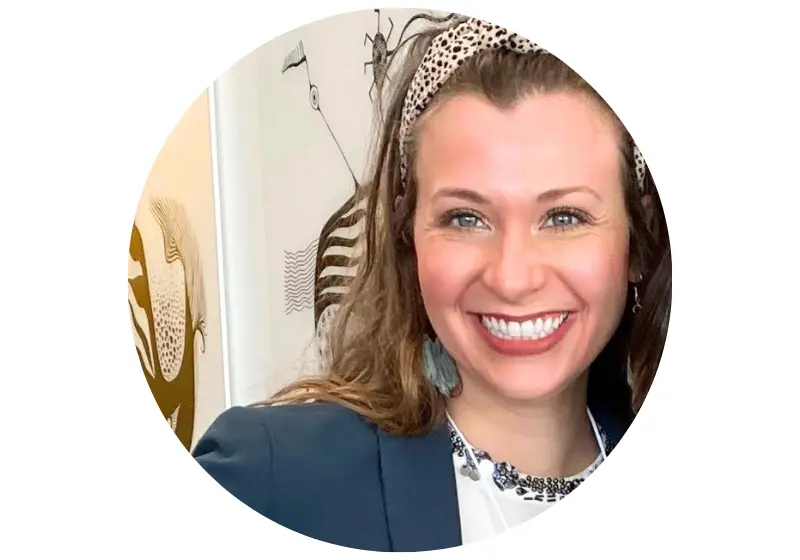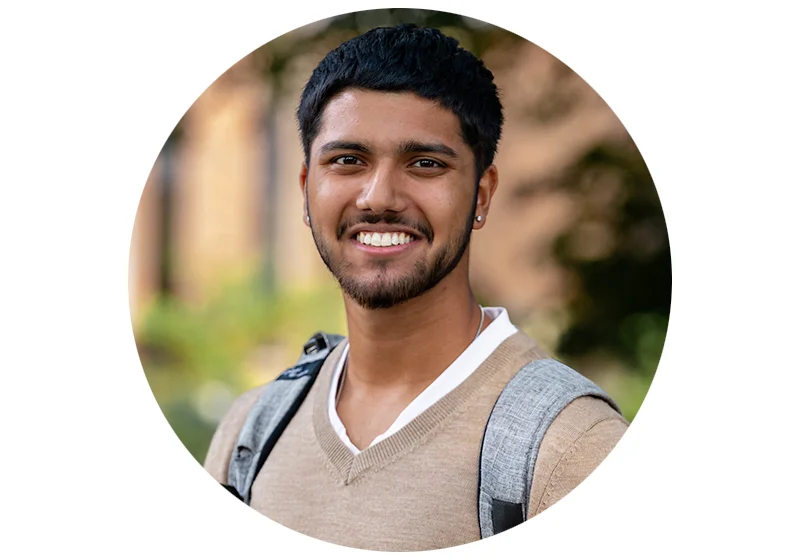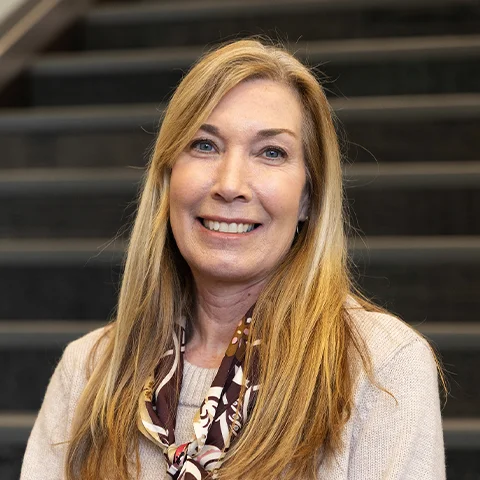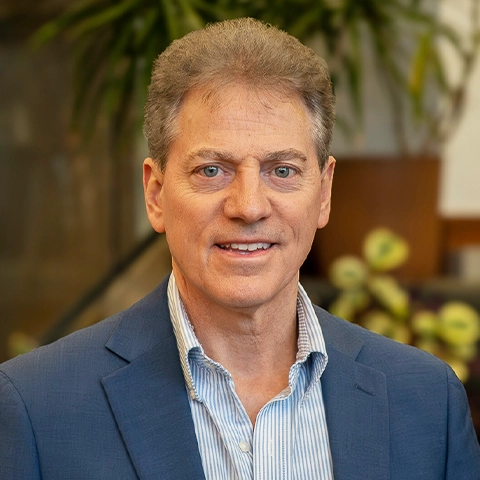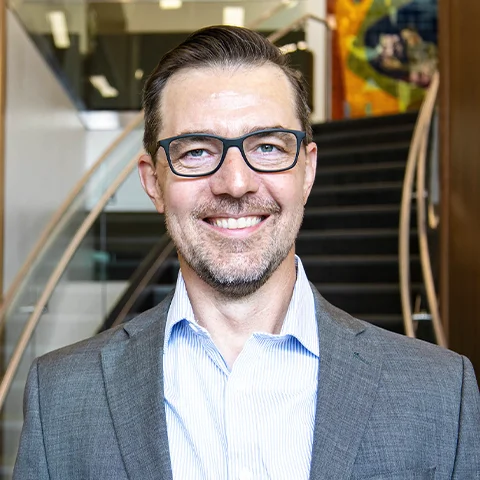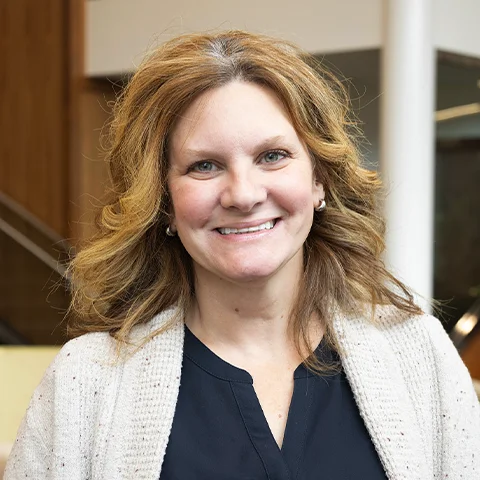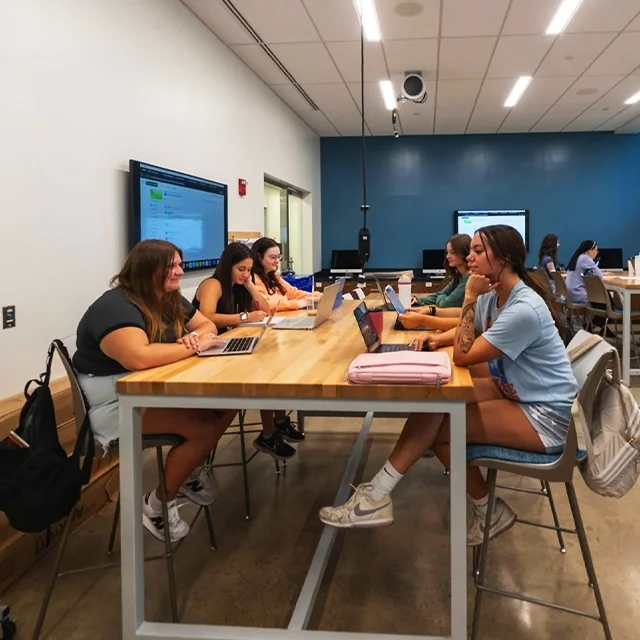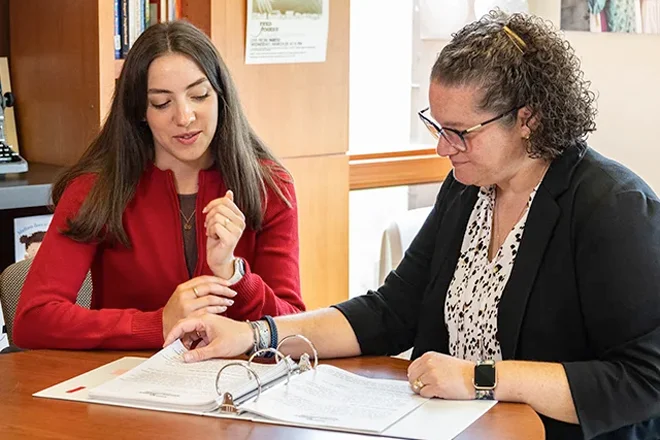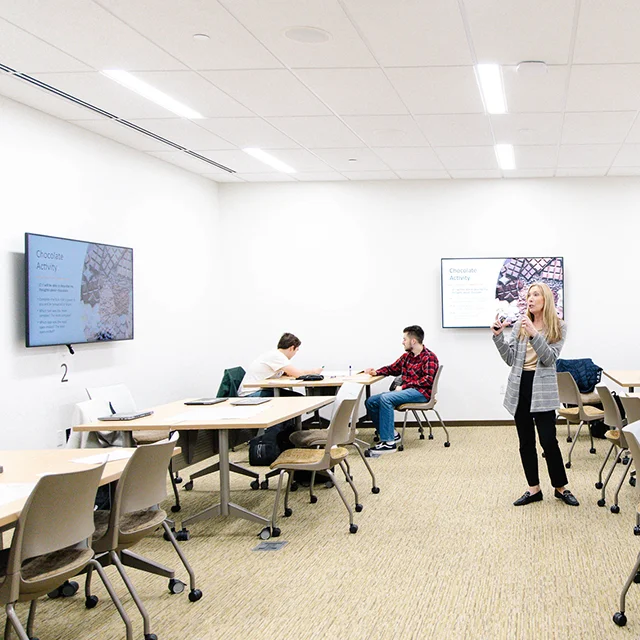Strategies and Techniques of Learning: This course equips future educators with essential skills such as lesson planning, classroom management, assessment, and incorporation of technology. In addition, the course addresses key factors like available resources, curriculum standards, teaching styles, and the diverse needs of students.
Reading, Writing, and Differentiation in the Content Areas: This course explores strategies for integrating reading and writing into various content areas to enhance student learning and comprehension. Emphasizing differentiated instruction, participants will learn to tailor lessons to meet the diverse needs of all learners while fostering engagement and academic success.
Promoting Youth Culture Competence and Diversity: This course examines communication challenges across cultures, focusing on second language learning and teaching, and provides training in instructional approaches for non-native speakers and incorporates the Culturally Responsive and Sustaining Education (CRSE) guidelines as outlined by Pennsylvania, ensuring that future educators are equipped to create inclusive, equitable, and culturally responsive learning environments.

